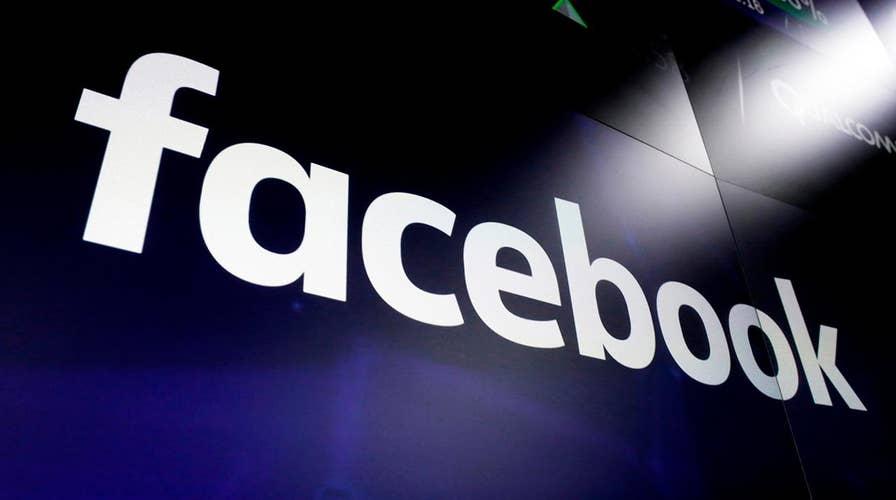Facebook bans controversial figures, organizations for hate speech
Social network blocks Nation of Islam leader Louis Farrakhan, InfoWars host Alex Jones and conservative writer Milo Yiannopoulos; reaction and analysis on 'The Five.'
With the recent Facebook ban of several high-profile users, many wonder if our freedom of speech is being jeopardized. A right of choice and expression has always been built into Christian thought, so when that freedom is directly threatened, how should our faith inform our response? When taken with any form of extremism, should it be censored? Or from a Christian perspective, should we be free to express our belief?
After the elimination of Louis Farrakhan, Alex Jones, and many others on Facebook, Harvard psychologist Steven Pinker suggests, “One of the big problems here if it is up to Facebook to police violence… that is a violation of the First Amendment.” Though many would argue, as The New York Times, that Facebook, a public company much like “a private university or a family-owned newspaper — has broad latitude to feature or censor, platform or de-platform, whatever and whoever it wants.”
Regardless of whether or not this is a violation of the First Amendment or the company’s right to ban, from what originated as the global voice for a generation, the unclear and vague guidelines determining these bans can appear biased. Last year, Mark Zuckerberg addressed the company’s content policies, saying, “The principles we have on what we remove from the service are if it’s going to result in real physical harm or if you’re attacking individuals then - that content shouldn’t be on the platform.”
Rather than censor these individuals, many who will only be more compelled to hold more firmly to such beliefs and more defiant to express them, as anyone would, perhaps we ought to consider how to engage a world in which we can express our thoughts freely without oppressing - anyone. (Though while saying these people should be allowed to express their opinion does not mean I support these views by any means.) As these platforms even stand to offer an outlet of our expression of faith, shouldn’t we be finding ways to enable expression versus oppression?
FACEBOOK BANS LOUIS FARRAKHAN, ALEX JONES, MILO YIANNOPOULOS FOR BEING 'DANGEROUS'
Yet, a lot of expressions can be oppression. Within the Declaration of Independence, Thomas Jefferson wrote, that all men are “endowed by their Creator with certain unalienable rights” which include, “life, liberty and the pursuit of happiness.” If the freedom of expression begins to infringe on the right of another individual (such as hate speech), it is oppression. As each is our unalienable right -- “life, liberty and the pursuit of happiness” – abusing any of these freedoms can easily infringe on the right of another individual.
If you murder, you are taking a life. If you are motivated by hate, you are inhibiting the liberty of another. If you are driven by evil speech, you can debilitate the pursuit of happiness for many. We should be cautioned, that a right such as our freedom of expression doesn’t qualify as an unhindered expression. Our speech should never take life, liberty or joy from another.
CLICK HERE TO GET THE FOX NEWS APP
Freedom of choice and life has long been woven into the ideals of Christian belief and life freely lived in Christ. However, Jews and Christians alike have always been encouraged through the biblical text to care for the poor, the widow and the innocent. Surely, we should consider the matter of content and freely expressed views that our 12-year-olds are scrolling through on any given day. As it is our great freedom to express our beliefs and faith, it is also our calling to preserve the innocence of the very moldable minds daily engaged online.
Rather than censoring individuals, there could be added precautions of protection and warnings built in to further protect them from hate groups, unless parents are open to expose their children to such thought. (Altogether, parents ought to be more involved in their kid's lives -- another issue entirely on its own.)
While many of these individuals banned lean toward extremist standpoints, we should be about protecting people, not about censoring people. As Christians, we should care how people speak and defend those who are oppressed, in the same way that we hope we’re protected to fully express our faith.









































